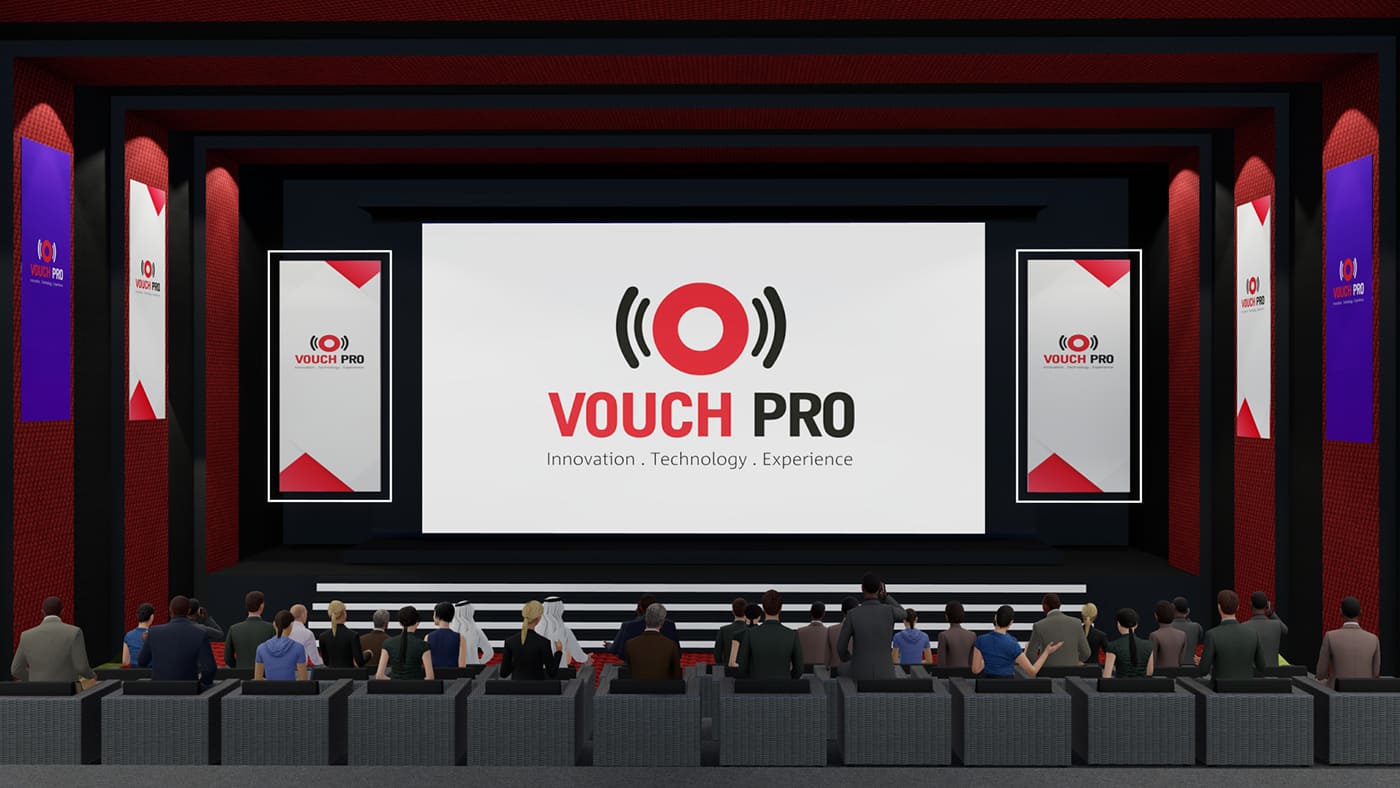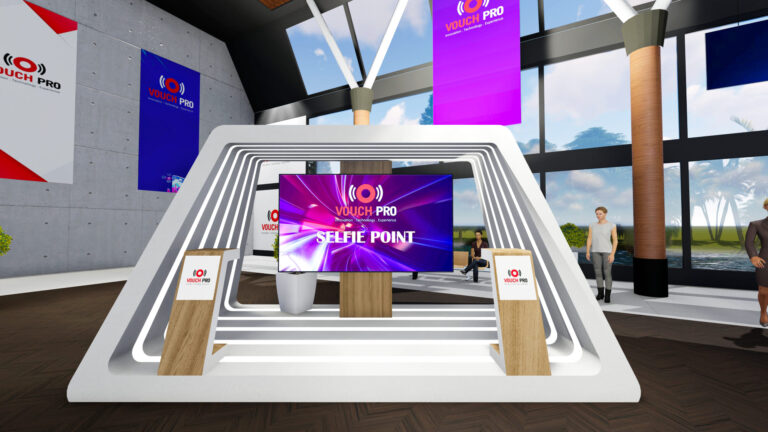Will digital continue to rule or will we come back to doing physical events?
- The events industry that was steadily growing on a double-digit growth rate industry has seen a halt since Covid-19 has entered the global economy.
- Manish Singh, Co-founder and Managing Director, VouchPro writes how the pandemic has brought the event industry closer to the digital world and given birth to a new hybrid model.
The pandemic has acted as a double-edged sword in many ways. On one side it has given rise to social distancing and reduce gatherings, on the other has also brought the world closer via the digital medium. Businesses and people have become used to working-from-home and doing everything virtually meetings, conferences and events.
But as the relaxations continue, and people come back to their normal lives, the question is will digital continue to rule or will we come back to doing physical events?
Disruptions by COVID have created some fundamental shifts in how businesses will operate in the coming years. More reliance on digital technologies is one of this shift. The prevalence of a contactless environment and mandatory social distancing has pushed us to new innovations and replace old practices with a technology led approach.
When we speak of events, digital has opened a new pandora’s box which have made physical events almost redundant in many situations. A survey by Martech from May 2020 highlighted that 66 percent of marketers agreed that they will not attend an in-person conference until there was an effective vaccine in place. Digital is not going anywhere but has in turn given rise to a new concept of events – a hybrid model.
Hybrid events are a combination of an in-person experience over a virtual platform, which is now becoming popular. Hybrid events will be the trend going forward, even post the pandemic, as they continue to grow in popularity. A very common example of hybrid events is industry events that allow both in person and virtual access for an attendee or visitor. So, whether it is due to geographical factors or social distancing, one has the option to attend the event virtually. The focus of hybrid events is enabling the flexibility for an enhanced customer experience. Allowing people to choose their options is an approach which is now become mainstream.
The future seems all in for hosting hybrid events, whether we speak of external or internal business events. Many film festivals, gaming championships, expos and federations have successfully hosted hybrid events in the last one year. These hybrid-events are beneficial as the limit the gatherings and make the whole process of event organisation more cost effective. Of course, with a virtual format, one can track and analyse their audience more effectively, and allowing thousands of people to be a part of the same gathering at the same time.
A well-managed hybrid event also translates into a lesser crowded and more eco-friendly with minimal wastage- a fact that is often overlooked and undervalued.
While the pandemic did stall many events that were supposed to take place, life must move on. And perhaps, a hybrid event style is a long-term solution for the world. A key to hybrid events relies heavily on smart and effective digital collaboration. While the usage of digital technologies has improved a lot in 2020, the trend is expected to continue, to make events exciting, interactive, and experiential.
There’s room for many opportunities in the burgeoning hybrid event space, and the trend has just kicked off. Various events like conferences, trade shows, job fairs, entertainment expos will soon be spun with innovative that combines both the physical and the virtual element perfectly.






